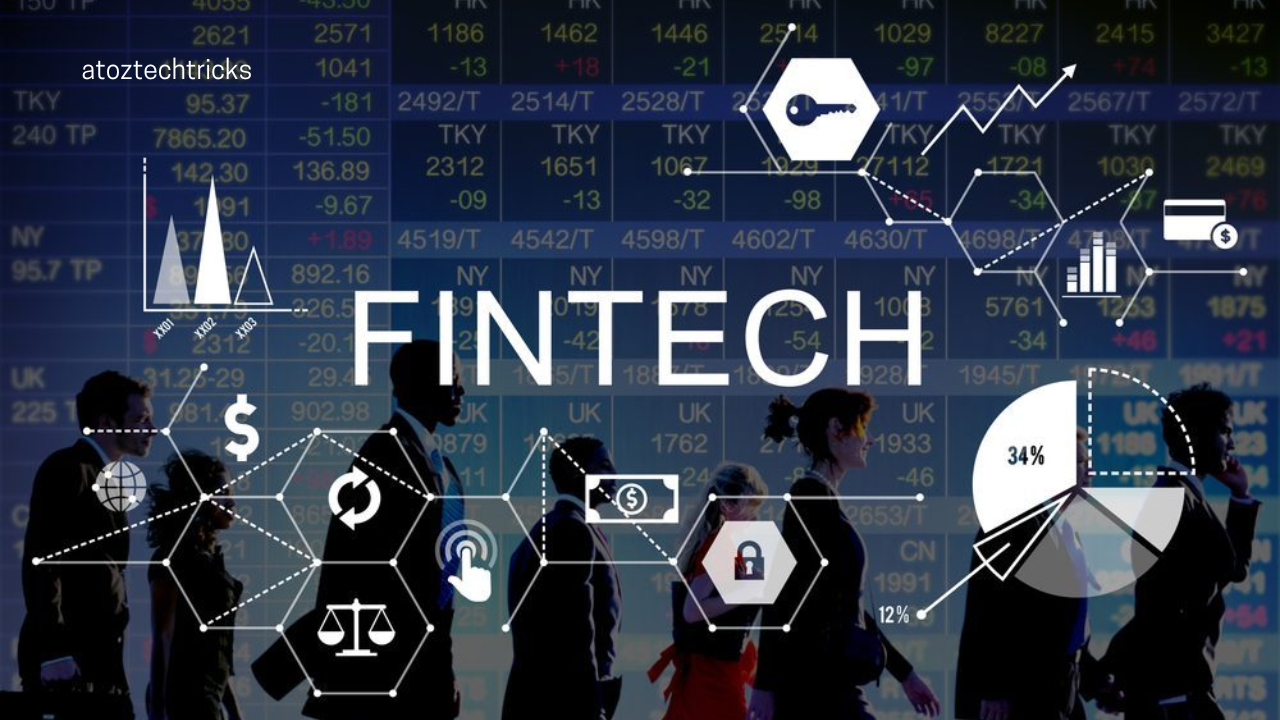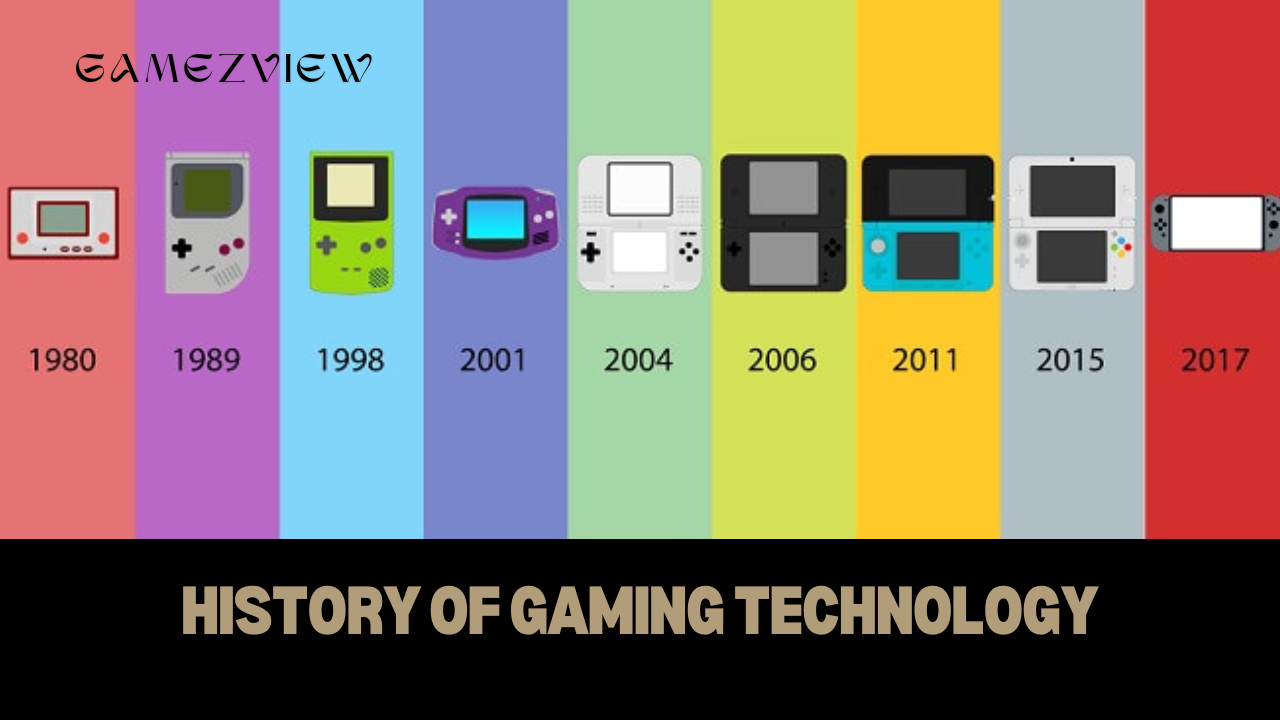In recent years, technology has made significant inroads into almost every aspect of our lives, and personal finance is no exception. From the way we manage our money to how we invest and plan for retirement, technological advancements are transforming the financial landscape. This article explores how technology is shaping the future of personal finance, focusing on innovations that are revolutionizing budgeting, investing, financial planning, and more.
The Evolution of Financial Technology
The Rise of Fintech
Financial technology, or fintech, refers to the use of technology to enhance and automate financial services. Over the past decade, fintech has evolved from a niche sector to a major force in personal finance. Innovations such as mobile banking apps, robo-advisors, and peer-to-peer payment systems have made it easier for individuals to manage their finances, invest, and access financial services.
Digital Wallets and Payments
One of the most visible changes brought about by fintech is the rise of digital wallets and payment systems. Apps like Apple Pay, Google Wallet, and PayPal allow users to store their credit card information and make payments with a simple tap or click. These technologies not only streamline the payment process but also enhance security by reducing the need to carry physical cards.
Budgeting and Expense Tracking
Automated Budgeting Tools
Managing a budget has traditionally involved tracking expenses manually or using basic spreadsheet software. However, technology has introduced a range of automated budgeting tools that simplify this process. Apps like Mint, YNAB (You Need A Budget), and PocketGuard connect to your bank accounts and credit cards to automatically categorize transactions and provide insights into your spending habits.
These tools use algorithms to analyze your spending patterns and offer personalized recommendations to help you stay on track with your budget. By automating the budgeting process, these apps make it easier to manage your finances without spending hours poring over receipts.
Advanced Expense Tracking
Expense tracking has also been revolutionized by technology. With features like receipt scanning and real-time transaction alerts, modern apps provide a more accurate and detailed view of your financial situation. This level of transparency helps users identify areas where they can cut back on spending and improve their financial health.
Investing Made Simple
Robo-Advisors
Investing has long been associated with complex strategies and high fees, but technology is democratizing access to investment opportunities. Robo-advisors, such as Betterment and Wealthfront, use algorithms to provide investment advice and manage portfolios with minimal human intervention. These platforms offer low-cost investment solutions by automating asset allocation and rebalancing, making it easier for individuals to invest without needing extensive financial knowledge.
Social Trading Platforms
Social trading platforms, like eToro, allow investors to follow and copy the trades of experienced traders. This technology provides a way for novice investors to leverage the expertise of more knowledgeable individuals, potentially improving their investment outcomes. By analyzing the performance of top traders, users can make more informed decisions and diversify their investment strategies.
The Impact of Artificial Intelligence on Job Market and Employment
Financial Planning and Advisory Services
AI-Driven Financial Planning
Artificial intelligence (AI) is transforming financial planning by providing personalized advice based on individual financial goals and circumstances. AI-driven financial planning tools analyze a user’s financial data, including income, expenses, and investment portfolios, to offer tailored recommendations. These tools can help users plan for retirement, manage debt, and achieve their financial objectives with greater precision.
Virtual Financial Advisors
Virtual financial advisors are another innovation made possible by technology. These online platforms offer personalized financial advice and planning services without the need for face-to-face meetings. Through video calls, chatbots, and AI algorithms, virtual advisors can provide financial guidance and support, making it more accessible and affordable for individuals to receive professional advice.
The Impact of Blockchain and Cryptocurrencies
Blockchain Technology
Blockchain technology, which underpins cryptocurrencies like Bitcoin and Ethereum, has the potential to revolutionize various aspects of personal finance. Blockchain offers a decentralized and transparent way to record transactions, reducing the risk of fraud and increasing security. In the financial sector, blockchain is being explored for applications such as secure transactions, smart contracts, and decentralized finance (DeFi).
Cryptocurrencies
Cryptocurrencies are another area where technology is reshaping personal finance. While still relatively new and volatile, cryptocurrencies offer an alternative to traditional currencies and financial systems. Digital assets like Bitcoin and Ethereum have gained popularity as investment opportunities and as a means of transferring value across borders. As the technology matures, cryptocurrencies may become a more integral part of the financial landscape.
The Role of Data and Analytics
Big Data in Personal Finance
Big data refers to the vast amounts of information generated by individuals and businesses. In personal finance, big data analytics is used to gain insights into spending behaviours, investment trends, and financial risks. Financial institutions and fintech companies use data to develop personalized financial products and services, enhance customer experiences, and improve decision-making processes.
Predictive Analytics
Predictive analytics is another technology-driven advancement in personal finance. By analyzing historical data and identifying patterns, predictive analytics can forecast future financial trends and behaviours. This technology helps individuals and financial institutions anticipate market movements, manage risks, and make more informed financial decisions.
How Virtual Reality is Changing the Way We Experience Art and Culture
Security and Privacy Concerns
Enhanced Security Measures
As technology continues to advance, so do the methods used by cybercriminals. In response, the financial industry is investing in advanced security measures to protect users’ financial information. Multi-factor authentication, encryption, and biometric authentication are some of the technologies being employed to enhance security and prevent unauthorized access.
Privacy Considerations
With the increased use of technology in personal finance comes the need to address privacy concerns. As financial data is collected and analyzed, individuals must be aware of how their information is being used and protected. Regulations like the General Data Protection Regulation (GDPR) and the California Consumer Privacy Act (CCPA) are designed to safeguard users’ privacy and ensure that their data is handled responsibly.
The Future of Personal Finance Technology
Emerging Trends
Several emerging trends are expected to shape the future of personal finance technology. For example, the integration of AI and machine learning will continue to improve the accuracy and effectiveness of financial planning tools. Additionally, advancements in biometric technology may lead to more secure and convenient authentication methods.
Financial Inclusion
Technology has the potential to increase financial inclusion by providing access to financial services for underserved populations. Mobile banking, digital wallets, and fintech solutions can help individuals in developing regions access banking services and participate in the global economy.
The Convergence of Technologies
The future of personal finance will likely see the convergence of various technologies, such as AI, blockchain, and the Internet of Things (IoT). This integration will create new opportunities and challenges, as well as enhance the overall financial experience for individuals.

Technology is profoundly shaping the future of personal finance, making it easier for individuals to manage their money, invest wisely, and plan for the future. From automated budgeting tools to AI-driven financial planning, the advancements in fintech are democratizing access to financial services and improving the overall financial experience. As technology continues to evolve, it will undoubtedly bring innovations and opportunities, further transforming the way we approach personal finance.
Exploring the Potential of Edge Computing in Modern Networks




